Exploring the World of Natural Conception Aids

For individuals and couples hoping to conceive, the path to parenthood often begins with curiosity, hope, and plenty of questions. While fertility treatments like IVF and IUI offer powerful solutions, many are interested in first exploring natural ways to support their fertility.
For individuals and couples hoping to conceive, the path to parenthood often begins with curiosity, hope, and plenty of questions. While fertility treatments like IVF and IUI offer powerful solutions, many are interested in first exploring natural ways to support their fertility. At Reproductive Centers of America (RCA), we believe in an integrative approach: one that respects both science and the body's natural rhythms. In this article, we’ll explore evidence-based natural conception aids that can support reproductive health and increase your chances of conceiving.
1. Tracking Your Fertile Window
Understanding ovulation is one of the most effective natural aids for conception. Your fertile window—the days leading up to and including ovulation—is when pregnancy is most likely to occur.
Tools to help:
- Ovulation predictor kits (OPKs): Detect luteinizing hormone (LH) surges that signal ovulation
- Basal body temperature (BBT): A rise in BBT can confirm ovulation has occurred
- Cervical mucus monitoring: Clear, stretchy mucus often indicates peak fertility
Timing intercourse around ovulation significantly increases the chances of conception.
2. Lifestyle Optimizations
Your overall health has a direct impact on fertility. Key areas to focus on include:
- Nutrition: A diet rich in antioxidants, healthy fats, and whole foods supports hormone balance
- Exercise: Moderate physical activity can improve reproductive function, but overtraining may do the opposite
- Sleep: Consistent, restorative sleep helps regulate hormonal cycles
- Stress Management: High stress can affect ovulation and libido. Practices like meditation, yoga, and therapy can help.
3. Supplements and Vitamins
Certain supplements have been studied for their role in supporting reproductive health:
- Folic Acid: Critical for neural tube development and preconception wellness
- CoQ10: May improve egg and sperm quality by supporting mitochondrial function
- Myo-Inositol: Commonly used for PCOS-related ovulatory dysfunction
- Vitamin D: Deficiencies are linked to reduced fertility in both men and women
Before starting any supplement, it’s best to consult with a fertility specialist to ensure it aligns with your specific needs.
4. Herbal Remedies: Use With Caution
Herbs like vitex (chasteberry), maca root, and red raspberry leaf are often marketed for fertility, but results are mixed and regulation is limited. Some may interact with medications or hormonal cycles.
We recommend approaching herbal supplements with care—and seeking guidance from a licensed provider before incorporating them into your routine.
5. Acupuncture and Integrative Therapies
Research shows acupuncture may improve blood flow to reproductive organs, reduce stress, and support hormone regulation. Many patients at RCA use acupuncture alongside IVF or IUI for holistic support.
Other complementary therapies include:
- Fertility massage
- Mind-body programs
- Nutritional counseling
Knowing When to Seek Help
Natural aids can be helpful for some, but if you’ve been trying for over a year (or six months if over 35), it may be time to explore diagnostic testing and medical options. Fertility is a medical condition—and early intervention often leads to better outcomes.
1. Tracking Your Fertile Window
Understanding ovulation is one of the most effective natural aids for conception. Your fertile window—the days leading up to and including ovulation—is when pregnancy is most likely to occur.
Tools to help:
- Ovulation predictor kits (OPKs): Detect luteinizing hormone (LH) surges that signal ovulation
- Basal body temperature (BBT): A rise in BBT can confirm ovulation has occurred
- Cervical mucus monitoring: Clear, stretchy mucus often indicates peak fertility
Timing intercourse around ovulation significantly increases the chances of conception.
2. Lifestyle Optimizations
Your overall health has a direct impact on fertility. Key areas to focus on include:
- Nutrition: A diet rich in antioxidants, healthy fats, and whole foods supports hormone balance
- Exercise: Moderate physical activity can improve reproductive function, but overtraining may do the opposite
- Sleep: Consistent, restorative sleep helps regulate hormonal cycles
- Stress Management: High stress can affect ovulation and libido. Practices like meditation, yoga, and therapy can help.
3. Supplements and Vitamins
Certain supplements have been studied for their role in supporting reproductive health:
- Folic Acid: Critical for neural tube development and preconception wellness
- CoQ10: May improve egg and sperm quality by supporting mitochondrial function
- Myo-Inositol: Commonly used for PCOS-related ovulatory dysfunction
- Vitamin D: Deficiencies are linked to reduced fertility in both men and women
Before starting any supplement, it’s best to consult with a fertility specialist to ensure it aligns with your specific needs.
4. Herbal Remedies: Use With Caution
Herbs like vitex (chasteberry), maca root, and red raspberry leaf are often marketed for fertility, but results are mixed and regulation is limited. Some may interact with medications or hormonal cycles.
We recommend approaching herbal supplements with care—and seeking guidance from a licensed provider before incorporating them into your routine.
5. Acupuncture and Integrative Therapies
Research shows acupuncture may improve blood flow to reproductive organs, reduce stress, and support hormone regulation. Many patients at RCA use acupuncture alongside IVF or IUI for holistic support.
Other complementary therapies include:
- Fertility massage
- Mind-body programs
- Nutritional counseling
Knowing When to Seek Help
Natural aids can be helpful for some, but if you’ve been trying for over a year (or six months if over 35), it may be time to explore diagnostic testing and medical options. Fertility is a medical condition—and early intervention often leads to better outcomes.









